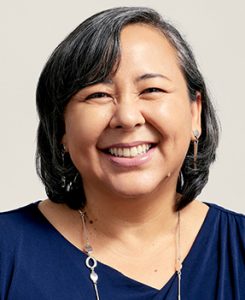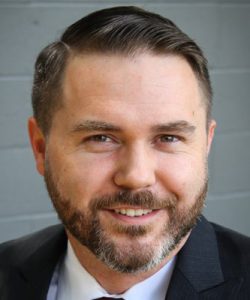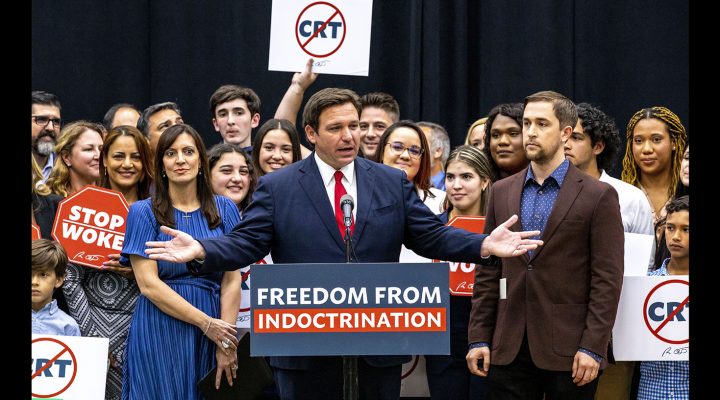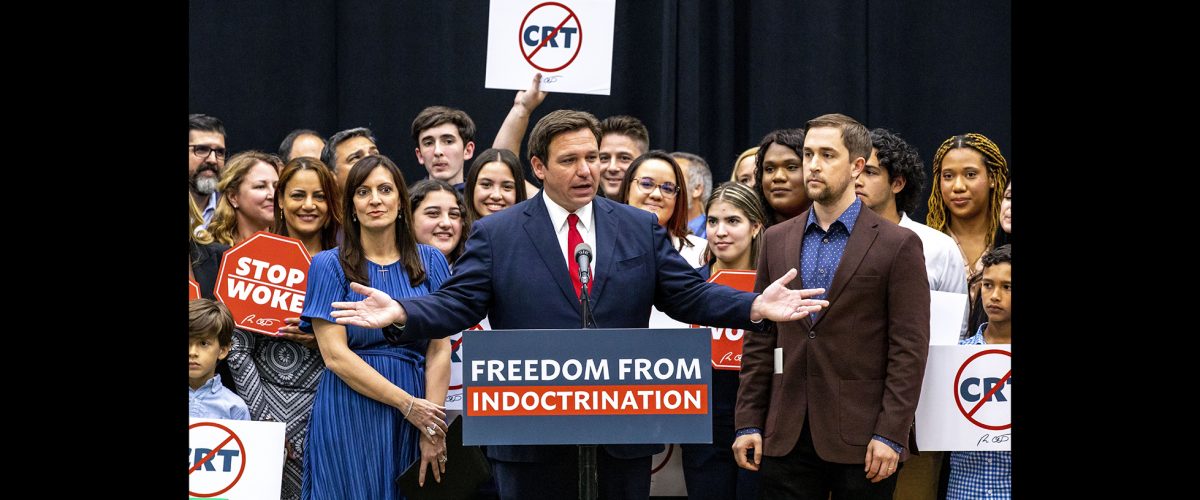Parents in Florida are overwhelmingly supportive of public education despite claims by conservatives that the system is damaged beyond repair, according to a new poll commissioned by the Southern Poverty Law Center.
The survey released earlier this month found more than 83% of respondents consider public education to be a right and say its funding should be increased. The research also showed 92% of parents and 90% of the general adult population believe curriculum should be developed by education professionals.

Margaret Huang
“In Florida, far-right groups supported by a handful of vocal political activists have created a false narrative that our public education system is broken,” said SPLC President Margaret Huang. “But this could not be further from the truth. Public education remains a cornerstone of our democracy, and Florida parents and residents strongly support public schools and believe in the power of public education to ensure all children can thrive in the classroom and their future.”
The survey was conducted in December by the polling and research firm Ipsos. Topics ranged from parent involvement in schools to policies regarding curricula and library books.
The project measured attitudes about public education at a time of sustained right-wing attacks against public education nationally and in Florida, including efforts to ban books, to intimidate educators and to eradicate LGBTQ, gender and racial equality.
Florida Gov. Ron DeSantis used his campaign against public schools to launch his failed presidential campaign and to become nationally known as a right-wing firebrand. He has prohibited teaching about sexual identity and orientation, banned the use of non-heterosexual pronouns for students and staff and forbidden instruction on racism and Black history. He also implemented a school voucher system that Florida touts as an alternative to public schools.
“Despite Floridians’ overwhelming support for public schools, state leaders have pursued anti-education laws and policies that divert millions of dollars from public schools and diminish the quality of education students can expect to receive,” said Jonathan Webber, Florida policy director for the SPLC Action Fund. “Floridians are determined to ensure all students have access to a quality free education without discrimination.”
According to the study, Floridians also oppose Tallahassee’s interference in public schools, with only 22% of parents and 14% of other adults expressing support for political appointees charged with developing school curriculum.
“Only one in five say it is more important that children only have access to books that all parents in the district deem acceptable.”
“Only 16% of the general adult population and 19% of parents support allowing any parent to remove books from a school for any reason,” the report says. “About 75% say it is more important that children have access to books and information that challenges their thinking or their personal experiences. Only one in five say it is more important that children only have access to books that all parents in the district deem acceptable.”

Jonathan Webber
Close to 70% of respondents agreed that diverse perspectives, even if they make students uncomfortable, are necessary in public schools in order to teach critical thinking skills, the study found.
The Ipsos survey illustrated the allegiance most Floridians have to public schools, including 87% of parents and 85% of other adults who support an increase in funding for public education. Likewise, 87% of parents and 81% of other adults said it’s extremely important that all young people in the state have an opportunity to obtain a quality education.
Most respondents were adamant that teachers and curriculum developers be trained education professionals: “Sixty percent of Florida parents and 58% of the general adult population say it is very important that K-12 education be guided by established best practices, and that educators should have at least a college degree and a teaching credential (60% and 63%, respectively).”
Along similar lines, 64% of parents and 66% of other adults said, “It is very important that K–12 education has clear guidelines and standards.”
Most respondents (65%) said it is “very important” that parents be made aware of what their children are being taught in public schools.
“Forty-two percent of the general adult population and 37% of parents ranked young people being unprepared after graduation as their chief concern regarding public education, followed by restrictions or bans on what is taught in the classroom at 35% and 31% respectively,” the report says.


